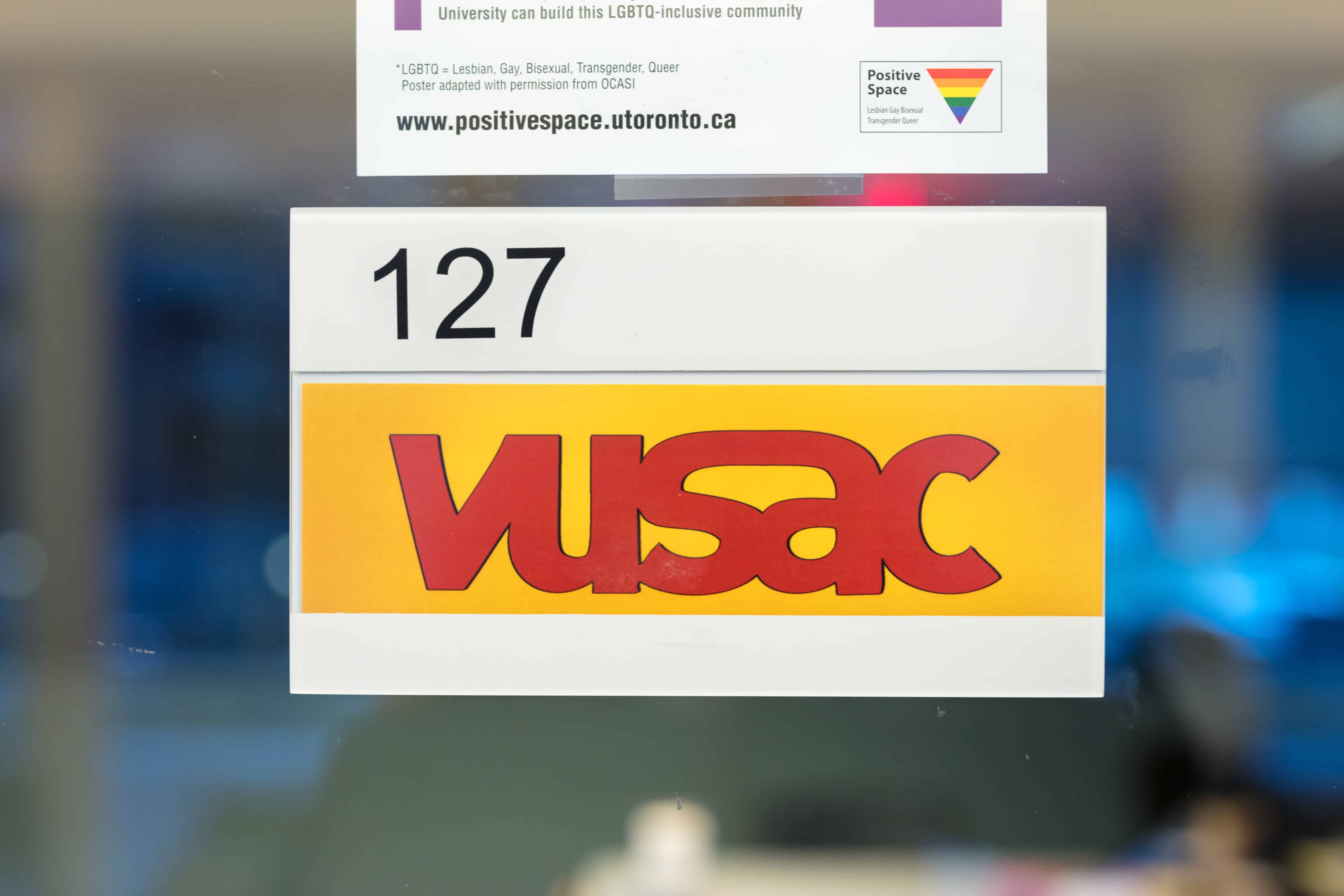The Victoria University Students’ Administrative Council (VUSAC) has undertaken an initiative to rename the Ryerson House residence and the Ryerson Vic One stream, in an effort to move toward reconciliation with Indigenous peoples.
These two Victoria College institutions bear the name of Egerton Ryerson, a figure notable for his many contributions to free and public education in Ontario. However, his advocacy for education didn’t end there — Ryerson was also a prominent supporter of the residential school system.
Regarded as a tool of cultural genocide against the Indigenous peoples of Canada, the residential school system remains a dark blot in this country’s history. These government-sponsored schools were used to separate Indigenous children from their families and communities in order to assimilate them into Western society.
These schools often set the stage for cruelty and exploitation, with many residential school survivors coming out today with stories of physical, sexual, and emotional abuse.
In an 1847 letter, Ryerson provided a key endorsement of the residential school system. This letter may have played a role in ultimately convincing Canada’s first prime minister, John A. MacDonald, to expand residential schools on a national level.
VUSAC sees continuing to honour Ryerson as a barrier to education for Indigenous students.
In a report that is set to be released to the public on February 4, VUSAC Vice-President External Affairs Devon Wilton and President Jayde Jones wrote that during their consultation process with Indigenous student groups, “each response reaffirmed [their] commitment to pursuing a name change — every single one was in favour.”
“We learned through this process that allowing the name to remain would be to continue the insult and harm caused by Ryerson to Indigenous peoples.”
In a statement to The Varsity, Wilton remarked that this issue of renaming the Ryerson house and Vic One stream “has been a topic of consideration and conversation at Victoria College for years,” and that so far VUSAC has been “fortunate to receive lots of positive feedback and excited reactions” for this proposed move.
However, the process of renaming, and in recent years, statue removal, often comes under fire for being too politically correct or an attempt to erase history.
In response to these sentiments, Wilton said that “the irreparable harms caused by residential schools can never be explained away by changing ‘moral standards.’ We know that what Ryerson did in support of the residential school system was wrong, and we know that honouring his name at Vic is wrong too.”
This report calls on the Victoria University Board of Regents and the Victoria University Senate to rename the Ryerson House and Ryerson Vic One stream by September 1.
The report also includes recommendations for an alternative name: Dr. Cindy Blackstock, a notable Indigenous rights activist. Currently, six out of the eight Vic One streams are named in honour of white men.
Ryerson University underwent its own campaign to remove Ryerson’s name in 2017. While these renaming efforts never came to pass, other Canadian institutions have been active in removing names associated with colonialism from their campuses.
In BC, the University of Victoria renamed Trutch Hall, one of its residence buildings, after a student campaign called out Joseph W. Trutch’s racist attitudes toward Indigenous peoples.
Similarly, McGill University’s student body voted to change the name of their varsity men’s team from the Redmen, a racist slur against Indigenous peoples, though this was non-binding.
Prime Minister Justin Trudeau also renamed Langevin Block to the Office of the Prime Minister and Privy Council in the spirit of reconciliation, as Hector-Louis Langevin was also a proponent of the residential school system.
In a statement to The Varsity, Liz Taylor, Communications Officer for Victoria, wrote, “Victoria University welcomes the report and thanks VUSAC for its thoughtful work on an important issue. The Board of Regents and Victoria’s academic and administrative leaders look forward to working together to examine the important questions raised in the report, in consultation with the Vic community.”
A motion to endorse this report outlining the renaming initiative passed through VUSAC unanimously at its February 1 meeting. A public letter of support will be published bearing the names of VUSAC members.
Wilton told The Varsity that there will also be an online petition for students to sign in support of this move.


